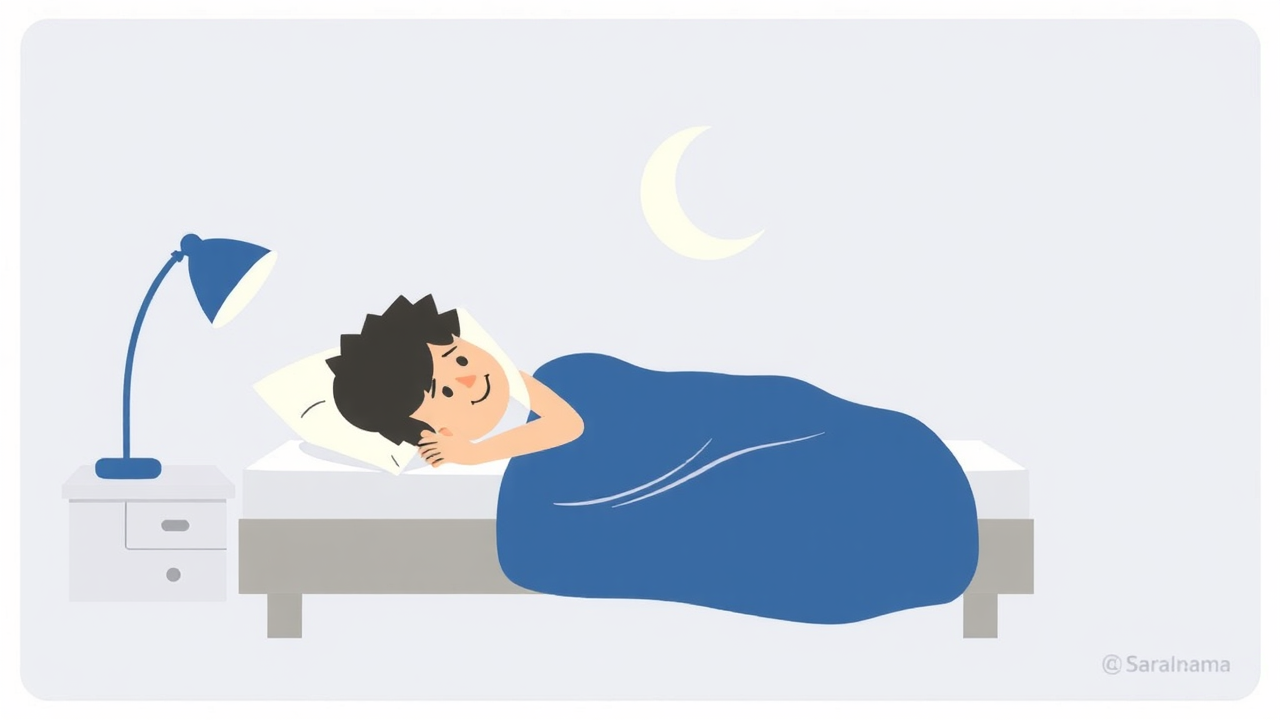Many people experience the frustration of feeling physically exhausted yet unable to fall asleep at night. Neurosurgeon Dr Prashant Katakol, with over three decades of experience, recently addressed this common problem. He explained that daytime habits significantly impact nighttime rest. Dr Katakol shared four key changes on Instagram: walk more than sitting during the day, lower lights after sunset, avoid screens three hours before bedtime, and finish dinner early with a short walk afterward. He emphasized that sincerely implementing these adjustments would show noticeable results. Sleep troubles often begin long before bedtime, shaped by daily behaviors, light exposure, and meal timing. The brain's internal clock, or circadian rhythm, responds to behavioral cues throughout the day, not just physical fatigue. Factors like irregular sleep schedules, late caffeine intake, bright light exposure, and evening stress keep the brain alert, delaying natural sleep onset despite physical tiredness.

How Light Exposure and Meal Timing Affect Sleep Quality
Artificial light, especially from screens, suppresses melatonin, the hormone signaling the brain it is time to sleep. Dr Jagdish Chattnalli, senior brain and spine surgeon at HCG Hospitals Bengaluru, explains that blue light from phones, tablets, and computers is particularly potent in delaying melatonin production. When melatonin levels remain low, the brain interprets it as daytime, making sleep difficult. Eating late or consuming heavy foods close to bedtime also disrupts the body's natural circadian rhythm. Digestion requires energy, interfering with the transition into restorative sleep. Having dinner earlier in the evening, ideally a few hours before sleep, and choosing lighter meals helps the body wind down efficiently. A short walk after dinner aids digestion, lowers stress, and supports natural melatonin release, improving overall sleep quality.
Source: Link
